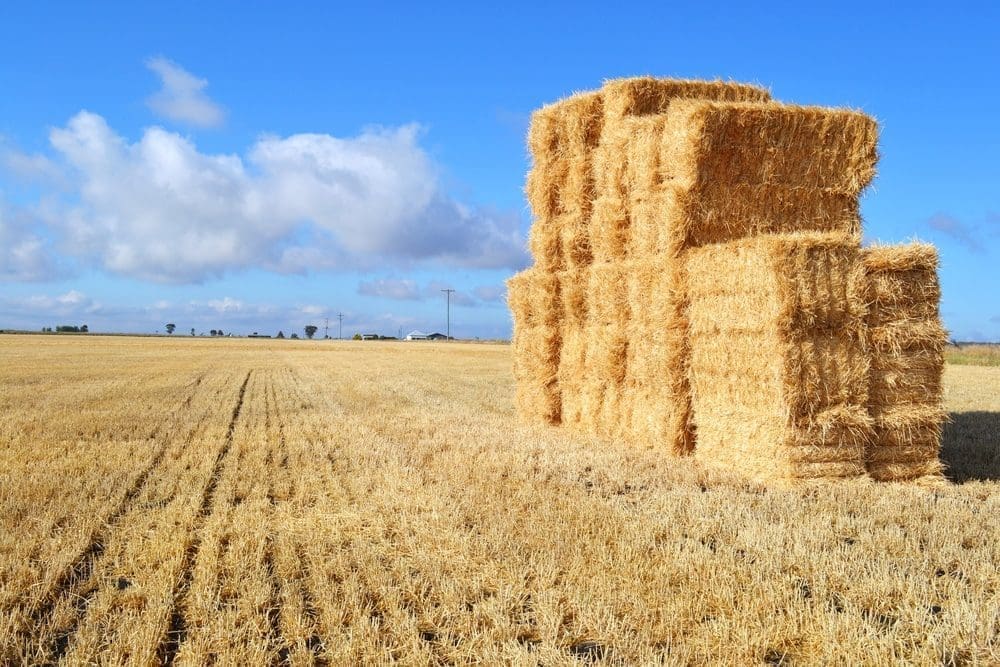There are 134,000 farm businesses in Australia, according to the National Farmers Federation, which contribute 3 per cent to the total Australian gross domestic product. This gross value of farm production in 2010-11 was $48.7 billion.
To ensure farms and other agriculture businesses can continue to produce at a high level of quality and at the pace required to meet both local and global demand, smarter supporting technologies are necessary.
1) Dynamic belt weighing
Food and agriculture businesses rely on accurate and reliable oversight of their operations in order to remain profitable. This is something that can prove difficult to effect when conveyor belt scales aren't up to the task.
This is where SRO Technology solutions can come into play. SRO belt weighers are highly accurate, allowing facility or operations managers to identify the exact quantities of a particular material being handled at any given moment. When deployed, it then becomes an easier task to verify loading and unloading invoices, verify the volumes of particular batches and confirm the material processed in a shift.
2) Level measurement systems
While belt weighing systems are essential to track material as passes through a belt, level measurement systems are essential for taking stock of material stored within bins.
Bin level detection devices come in a range of types, with different sensors proving effective in different environments. Laser instruments, for example, are useful for both liquids and solids, and are capable of calculating measurements from any angle. Ultrasonic instruments, on the other hand, use sound pulses to identify the volume of liquid within a vat or bin.
Inaccurate density gauges can cost a business. When measuring the density of liquids, it's important that a business have access to the correct readings.
Density gauges provide a solution by showing operators liquid density in real time, without needing to come into contact with the liquid itself. Such gauges can prove particularly useful within processing plants, where it's necessary to ensure underflow and overflow density to identify whether the density is correct in separation and float tanks.
Inspections form a critical component of the safe operation of any food or agriculture business, and this is where X-ray detection systems can prove useful. Businesses working with food products must consistently carry out product inspections to identify contamination, whether it's glass, metal, stone or something else entirely.
X-ray detection systems from SRO apply the Hazard Analysis and Critical Control Points (HACCP), which ensures a high standard of quality control.
5) Feeders
Farmers and businesses involved in food production and processing require exact readings across bulk handling processes. Farmers managing a grain harvest, for example, will need to know exactly how much grain they've harvested. Weigh belt feeders are capable of delivering this information.
Volumetric weight conveyors can prove particularly useful for food businesses or farmers dealing with consistent product density, as they allow a certain volume of material to pass onto a conveyor within a set amount of time. Gravimetric conveyors, on the other hand, calculate the weight of products as the product passes through from hoppers. They're preferable systems in instances where high accuracy is needed.
In 2014, the Department of Industry, Innovation and Science noted that food, beverage and tobacco products accounted for more than 25 per cent of the manufacturing sector's total value add during the year. It's clear the time is now for businesses involved in food processing and agriculture to take on new technologies as a way of further enhancing processes.
If you're interested in learning more about the technologies detailed above, then it's time to get in touch with the team at SRO Technology.



Recent Comments